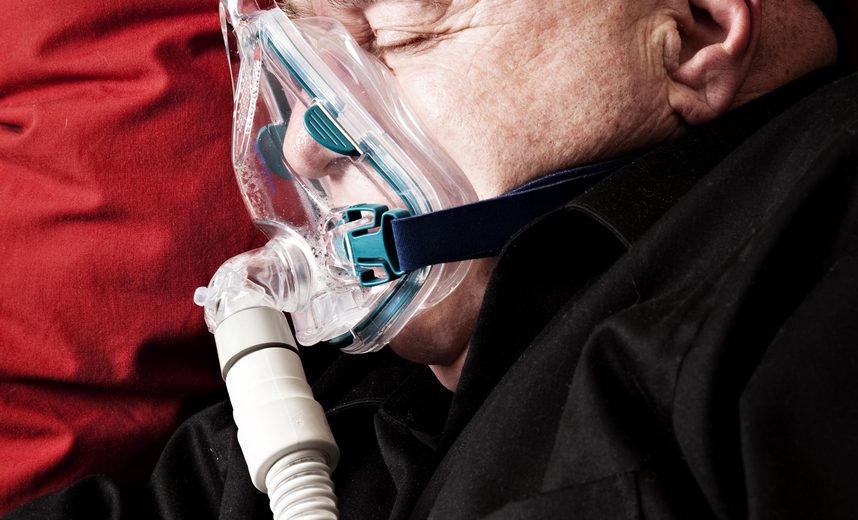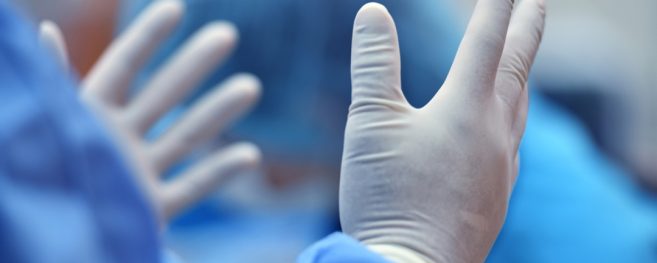Behavioral Tips to Help Sleep Apnea

How Your Weight Could Be Causing Sleep Apnea and What to Do About It
By: Dr. Kristin Allison
Sleep Apnea is a serious but treatable sleep disorder. The mainstay of treatment is CPAP (Continuous Positive Airway Pressure), a machine that uses a steady stream of air to gently keep your airway open throughout the night. It is important to wear your mask each night as regular use is the only way you will derive maximum benefits of CPAP.
Behavioral changes that will help you to control Sleep Apnea
There are a variety of behavioral changes you can make to improve your symptoms of sleep apnea. Consider the following strategies as part of your overall treatment plan:
Weight Management
If you are obese or overweight, you are more likely to have sleep apnea and will be advised to lose weight. A large neck circumference means that you have extra tissue in the throat that may block the airway.
Weight loss, including that from bariatric surgery, has been shown to decrease the number of apneas (not breathing). Even before surgery, our bariatric team and support groups guide you to make better food choices and increase your activity level. Exercise may also modestly improve the condition, even in the absence of significant weight loss.
Alcohol Avoidance
Alcohol may exacerbate symptoms of sleep apnea by decreasing muscle tone in the back of the throat which can interfere with air flow. Sedation from alcohol interferes with the ability to awaken from sleep and can lengthen periods of apnea. Even during the daytime, you should avoid alcohol because it can worsen sleepiness that occurs with untreated sleep apnea. Alcohol also promotes weight gain. It is empty calories and sugar, and its disinhibiting effect can lead to poor food choices.
Smoking Cessation
Smoking appears to increase the risk of sleep apnea, or at least aggravate symptoms. By smoking, you can increase the swelling in the upper airway, which may worsen both snoring and apnea. Again, our bariatric program will ask you to stop smoking as part of your preparation for surgery.
Although there is no guarantee, weight loss after bariatric surgery can eliminate the need for CPAP. Many of the behavioral changes we encourage you to practice at Tri State Bariatrics can help your symptoms of sleep apnea, and improve your health in general.











